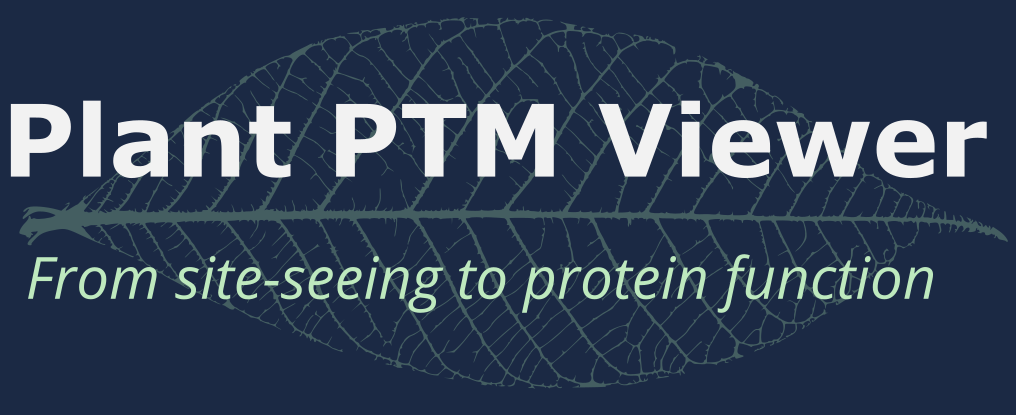Publication Information
Köhler et al., 2015
Abstract
Plant Physiol. 2015 Mar;167(3):972-90. doi: 10.1104/pp.114.255562.
Characterization of chloroplast protein import without Tic56, a component of the
1-megadalton translocon at the inner envelope membrane of chloroplasts.
Köhler D, Montandon C, Hause G, Majovsky P, Kessler F, Baginsky S, Agne B.
We report on the characterization of Tic56, a unique component of the recently
identified 1-MD translocon at the inner envelope membrane of chloroplasts (TIC)
in Arabidopsis (Arabidopsis thaliana) comprising Tic20, Tic100, and Tic214. We
isolated Tic56 by copurification with Tandem Affinity Purification-tagged Toc159
in the absence of precursor protein, indicating spontaneous and
translocation-independent formation of the translocon at the outer envelope
membrane of chloroplasts (TOC) and TIC supercomplexes. Tic56 mutant plants have
an albino phenotype and are unable to grow without an external carbon source.
Using specific enrichment of protein amino termini, we analyzed the tic56-1 and
plastid protein import2 (toc159) mutants to assess the in vivo import capacity
of plastids in mutants of an outer and inner envelope component of the
anticipated TOC-TIC supercomplex. Inboth mutants, we observed processing of
several import substrates belonging to various pathways. Our results suggest
that despite the severe developmental defects, protein import into
Tic56-deficient plastids is functional to a considerable degree, indicating the
existence of alternative translocases at the inner envelope membrane.
DOI: 10.1104/pp.114.255562
PMCID: PMC4348784
PMID: 25588737 [Indexed for MEDLINE]

